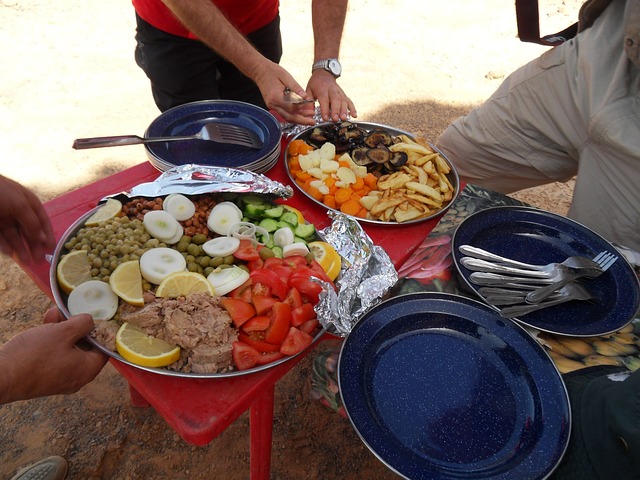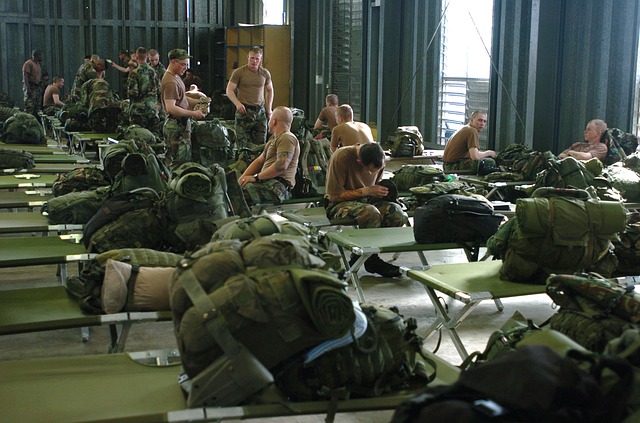Level 2 idioms – Unit 10

Conversation:
Barbara: Hi Suzanne. I don’t mean to break in on your phone call, but I’ve got to ask you a question.
Suzanne: That’s okay. I was about to hang up anyway. (To the phone) Judy, I’ll call you back later. Bye. (To Barbara) Now how can I help you?
Barbara: You know about fashion. Do you think this green blouse goes with these khaki shorts?
Suzanne: I’d say yes. This season that combination of colors has taken off. Ow, my toothache is coming back. I guess the pain killer I took this morning is starting to wear off. I promised to take sandwiches to the picnic this afternoon, but I think I’d better see the dentist instead.
Barbara: The school picnic? Oh no, I forgot about it. What time does it get under way?
Suzanne: It’s supposed to start at noon. I hope this rain lets up, and it turns into a nice day.
Barbara: Me too. I forgot all about the party, but I can’t go anyway. I have no shoes to wear with this outfit.
Suzanne: Why don’t you run down to the campus clothing store and buy some?
Barbara: I wish I could, but I’ve got no money. My parents cut off my allowance last week because my father got laid off from his IT job.
Suzanne: That’s awful. By the way, what’s IT stand for?
Barbara: It stands for the Information technology.
Suzanne: Ow, not again! I’ve got to do something about this tooth.
Barbara: Why don’t you go see the dentist now. I’ll take over and make the sandwiches for you.
Vocabulary:
khaki: a light shade of yellow-brown similar to tan or beige
combination: two things together
ow: a word you say when you’re in pain
pain killer: medicine to stop pain
had better: should
instead: in place of something else
supposed to: scheduled to
outfit: top and bottom clothing together
allowance: weekly or monthly spending money given by parents
awful: terrible
Idioms:
• break in on interrupt a conversation
• about to almost ready to (do something)
• go with look good together (clothes)
• take off become popular / remove clothing / leave the ground
• wear off disappear gradually
• get under way begin
• let up become less severe (wind, storm, noise)
• turn into change into
• cut off discontinue (a service)
• lay (someone) off stop (someone’s) employment because of lack of work.
• stand for represent
• take over take control
Notes:
Take off has 3 meanings: Another meaning is “remove clothing.” Example: Take off your sweater if you’re too hot. The other meaning is “leave the ground.” Example: My plane didn’t take off for three hours because of fog.
Let up and die down have the same meaning.
Take over is similar to fill in for, but take over is used for a short task, while fill in for is used for longer work like a job.
Your Score:
Your Ranking:
Your Score:
Your Ranking:
Your Score:
Your Ranking:
© 2004 Ambien Malecot








